In the world of prosthetics and orthopedic solutions, a groundbreaking development promises to revolutionize the lives of people with amputations. The recent creation of a bionic leg that moves like a natural limb without conscious thought represents that monumental leap forward. This innovation not only amplifies nerve signals from the brain to the prosthetic limb but also ensures better balance, flexibility, and speed for its users.
The Challenge of Amputations
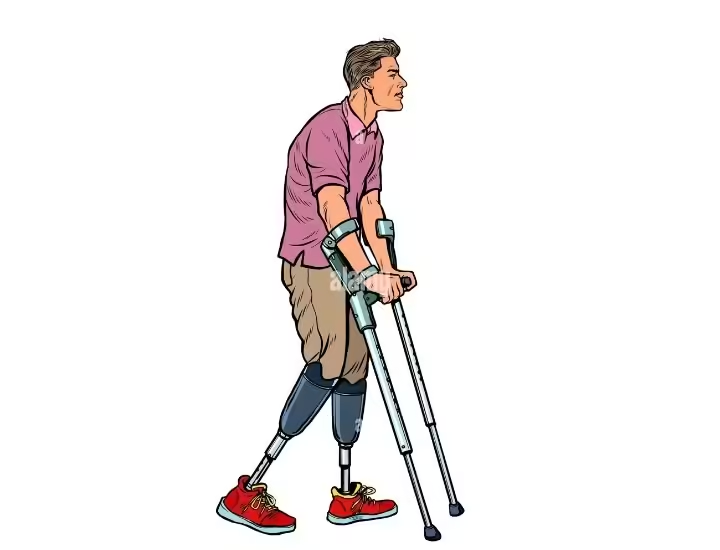
It is not a new thing about the challenges Individuals with leg amputations face. Their are of different form; physical, psychological, and social challenges. Physically, adapting to a prosthetic limb requires extensive rehabilitation and training. However, many experience limb pain, discomfort, and limited mobility. Psychologically, the loss of a limb can lead to depression, anxiety, and a diminished sense of self-worth(which is low-self esteem). Socially, amputees often encounter stigma and misconceptions about their abilities from peers, friends, neighbor and even family, impacting on their personal and professional lives.
Current Prosthetic Limitations
Despite significant advancement of Traditional prosthetic limbs decades ago, it still rely on preset algorithms for movement and The devices often lack the intuitive control and natural feeling that users desire. Furthermore, Advanced models have enabled more fluid movements like running and climbing stairs, but the control remains predominantly robotic, making the limb feel foreign to the user.
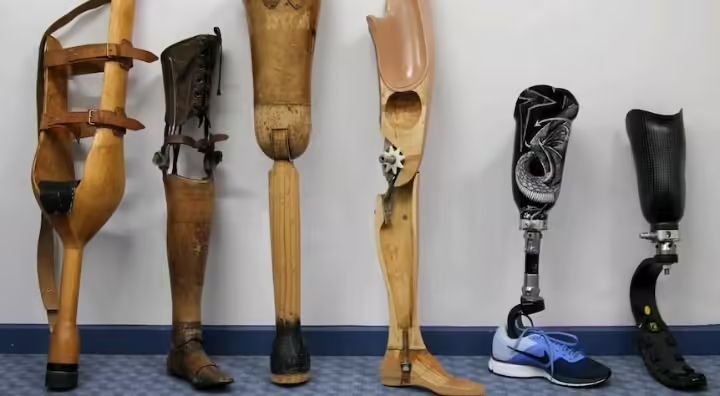
The Bionic Leg: A Game-Changer
Hugh Herr and his team at the Massachusetts Institute of Technology, developed a new bionic leg utilizing a computer interface to link the user’s brain and spinal cord directly to the prosthetic limb. This interface captures and amplifies nerve signals from the muscles in the residual limb, allowing users to control the prosthesis with their own thoughts and reflexes. This innovation results in a natural gait and movement, significantly improving the wearer’s mobility and quality of life.
https://www.nature.com/articles/d41586-024-02157-3
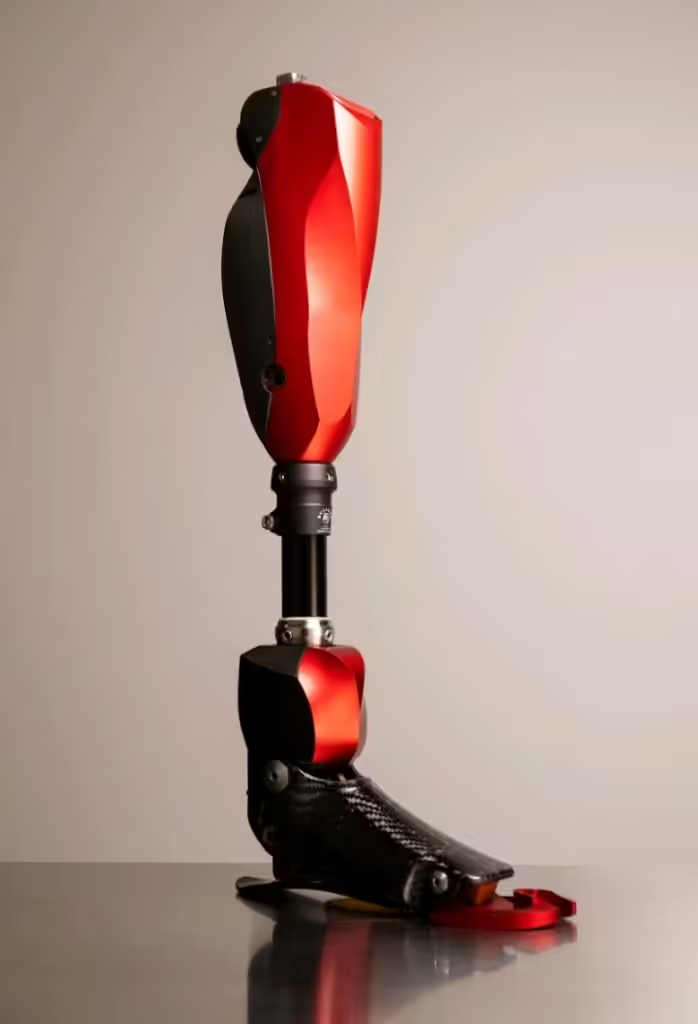
Societal Impact
The introduction of such advanced prosthetics holds immense potential for societal change. For individuals with amputations, this technology promises a return to a more natural and integrated lifestyle. The enhanced mobility and intuitive control can boost their confidence, reduce dependency on caregivers, and improve overall mental health. In professional settings, the ability to move more naturally can open up new job opportunities and reduce discrimination.
Healthcare systems may also see benefits from reduced rehabilitation times and fewer complications associated with traditional prosthetics. Furthermore, as this technology becomes more accessible, the stigma associated with amputations could diminish, fostering a more inclusive society.
Future Directions
Although the current design of the bionic leg is already a significant advancement, further improvements are highly anticipated and availability to the masses. Further Research are still carried out aiming to make the device lighter and more comfortable. These enhancements will likely expand the range of activities the prosthesis can support, including high-impact sports like sprinting and jumping. There’s hope for individuals seeking to regain control and normalcy in their lives.
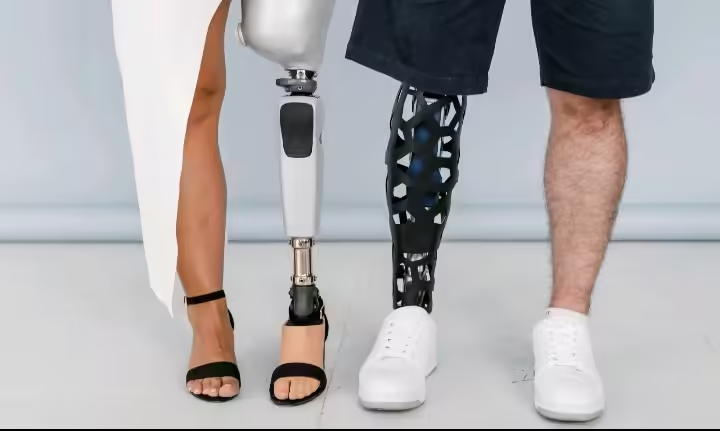





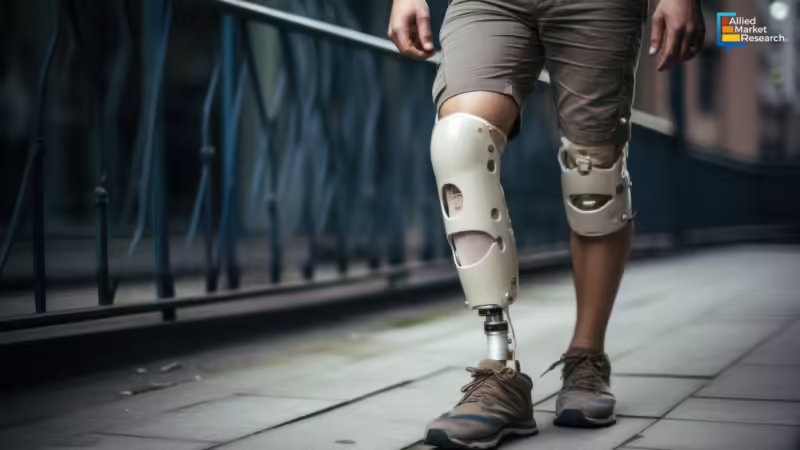




Join our Channel...